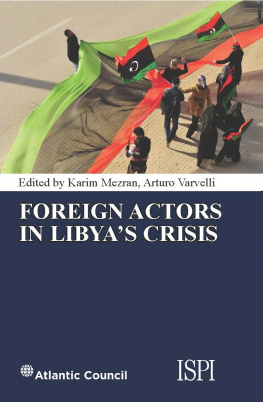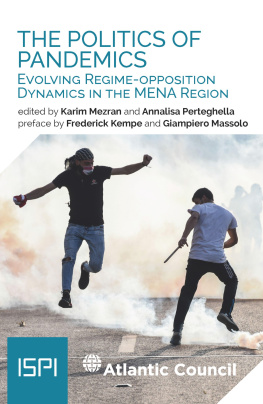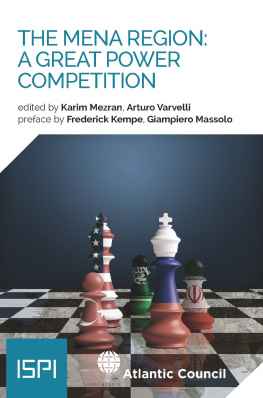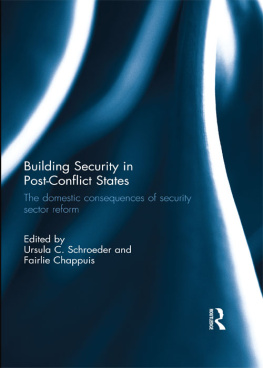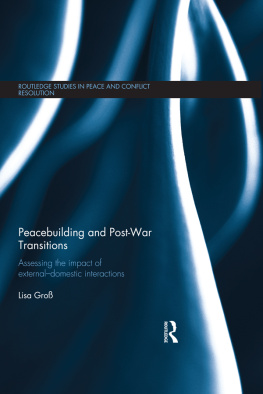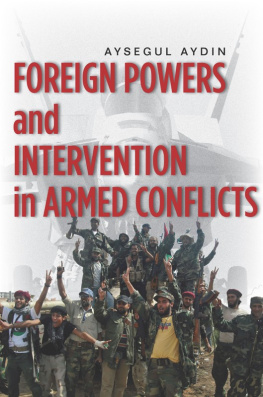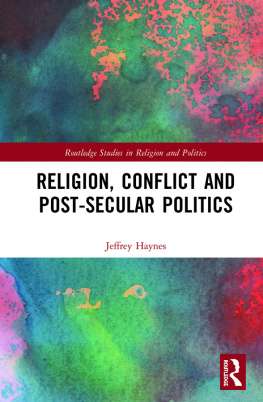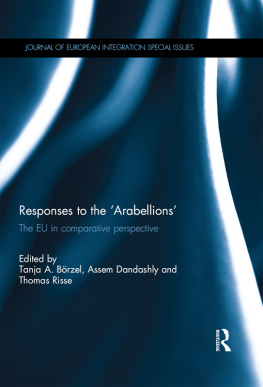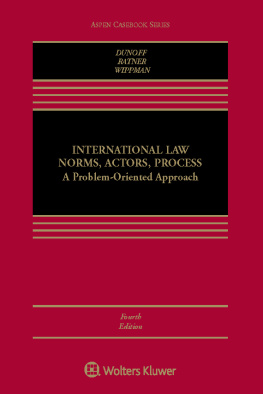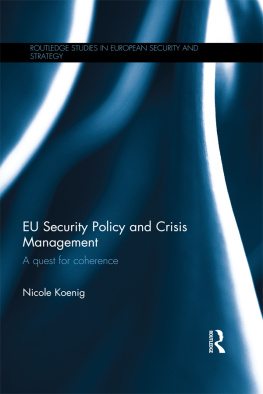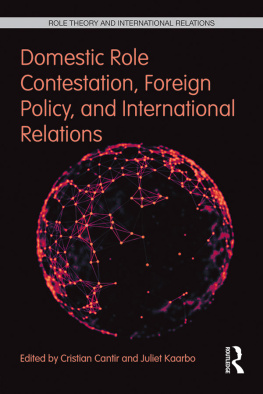Libya is going through a phase of political and institutional uncertainty with repercussions on a number of levels. This uncertainty is preventing the establishment of a security framework in the country, which has allowed militias to rule unchallenged. The absence of a single, functional central government has left borders porous and allowed transnational trafficking to thrive, including migration flows in the Mediterranean. The House of Representatives (HoR) in Tobruk in the east and the internationally recognized Presidential Council and Government of National Accord (PC/GNA) led by Fayez al-Serraj in Tripoli are at an impasse. A meeting in Abu Dhabi on May 2 between Serraj and General Khalifa Haftar, the military leader of the Libyan National Army (LNA), may have brought negotiations closer to a turning point. However, the meetings political outcomes are far from clear and the situation remains worrisome.
The UN-led political reconciliation process, launched in December 2015 by an agreement in Skhirat, Morocco, appears to have lost momentum and to have been de facto side-lined by negotiations held in the United Arab Emirates (UAE). Thus, the PC/GNA is still in a juridical limbo, waiting to be fully legitimized by the HoR. The HoR itself is split: part of it has set up a legitimate headquarters in Tripoli, while a minority remains in Tobruk and recently sanctioned to suspend the UN-led political process. Most of the country is still at the mercy of militias and the precarious alliances between them. A new UN envoy, Ghassan Salam, should renew previous UN efforts by relaunching mediation efforts and working to contain external interference in Libyan affairs.
Still, describing the Libyan situation as a fight between the PC/GNA and the HoR would be an oversimplification. The two factions are themselves divided, so much so that it is becoming increasingly likely that none of them will be able to bring the country under its sole military control. Moreover, as of late, loyalties among the various factions or groups in Libya have considerably shifted. Divisions and bickering among local and international actors are likely destined to worsen, even as the Islamic State (ISIS) is less and less able to exert control on swathes of Libyan territory. The presence of ISIS in Sirte had attracted the attention of many local and international actors, pushing many to set aside their differences, albeit temporarily, in the fight against the terrorist group that concluded in late 2016.
From its start, the Libyan crisis has been shaped by external actors, so much so that foreign influences were crucial in fostering and channelling the revolt against Muammar Qaddafis regime in 2011. Most of the regional and international actors involved deluded themselves into thinking they would be able to direct the revolution towards their respective preferred political outcomes. Over the last few years, there has been an utter disconnect in the actions of external powers and international aid and development policies agreed upon with the Libyan government, with external actors supporting different factions over others for personal gain. This disconnect has had a disruptive effect on Libya, greatly hampering the functioning of a central government while bolstering territorial and ideological loyalties.
External pressures have further strengthened over the last few months due to growing political and military activism from Russia, Egypt, and the UAE. Diplomatic actions by these countries achieved two conflicting results: on the one hand, they contributed to restarting negotiations that had reached a dead end; on the other hand, they strengthened Haftar vis--vis Serraj, bolstering his leading role in any future political scenario for the country. It is not surprising that these external actors carved out a key role for themselves following Western powers abdication of a larger role in Libya. The US presidential transition, President Trumps rhetoric, and elections in France and the United Kingdom contribute to explaining decreased diplomatic Western involvement in Libya.
To understand the process of internationalization of the Libyan crisis and its possible outputs, this report examines the role of international actors in the country and in the regional context. The analysis attempts to address the balance of power among the main local actors (militias, parties, municipalities, etc.) as mirroring the interests of global and regional powers. Against this background, the volume puts the Libyan crisis in a broader perspective and aims to contribute to the public debate on an issue that has become a priority on the international agenda. The report also aims to outline policy recommendations, particularly for the United States and the European Union.
The report is the outcome of a joint effort by ISPI and the Atlantic Council and draws from some of the most prominent international experts on Libya. In the first chapter, the reports editors, Karim Mezran and Arturo Varvelli, outline and summarize the most recent events in Libya. They analyze the deep political rifts and their causes in the country, both at the domestic and the international levels, and highlight the role of international actors in exacerbating, rather than scaling down, domestic animosity.
The second chapter delves deeper into the posture towards Libya of three of its neighboring countries: Egypt, Tunisia, and Algeria. Tarek Megerisi argues that Cairo has developed increased influence in Libya over time. While Egyptian President Abdel Fattah al-Sisis interests are mainly rooted in economic and security issues, Haftars pre-eminence in Libya has allowed Cairo to foster an ideological channel to direct such interests. For their parts, Tunisia and Algeria have, at times, attempted to present a united front to address common concerns stemming from the need to monitor their long desert borders with Libya and from the presence of jihadist groups. All three countries appear to lean towards a security-centric approach that, however, does not appear to be paying off.
Gulf countries have played crucial and conflicting roles in Libya as well. To some extent, Libya has been an international stage for the current crisis between Saudi Arabia and Qatar. Supporting diverging political goals, the two countries have attempted to export the developmental model typical of Gulf countries based on a rentier economy to Libya. However, as Saskia Van Genugten focuses in the third chapter of this volume, the two Gulf powers have radically different views of the Muslim Brotherhood and Islamist forces, which have further fanned the flames of the domestic conflict.

